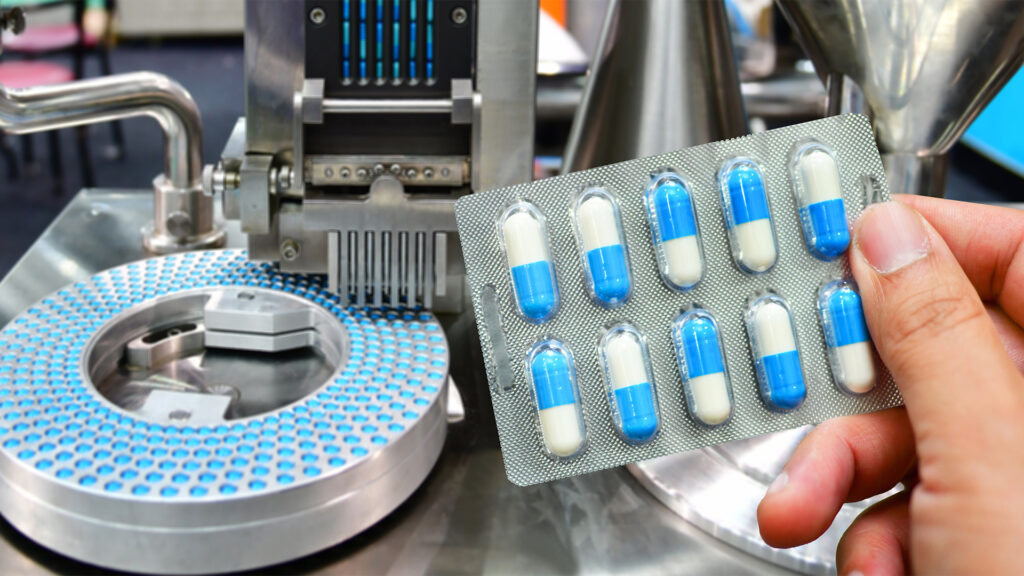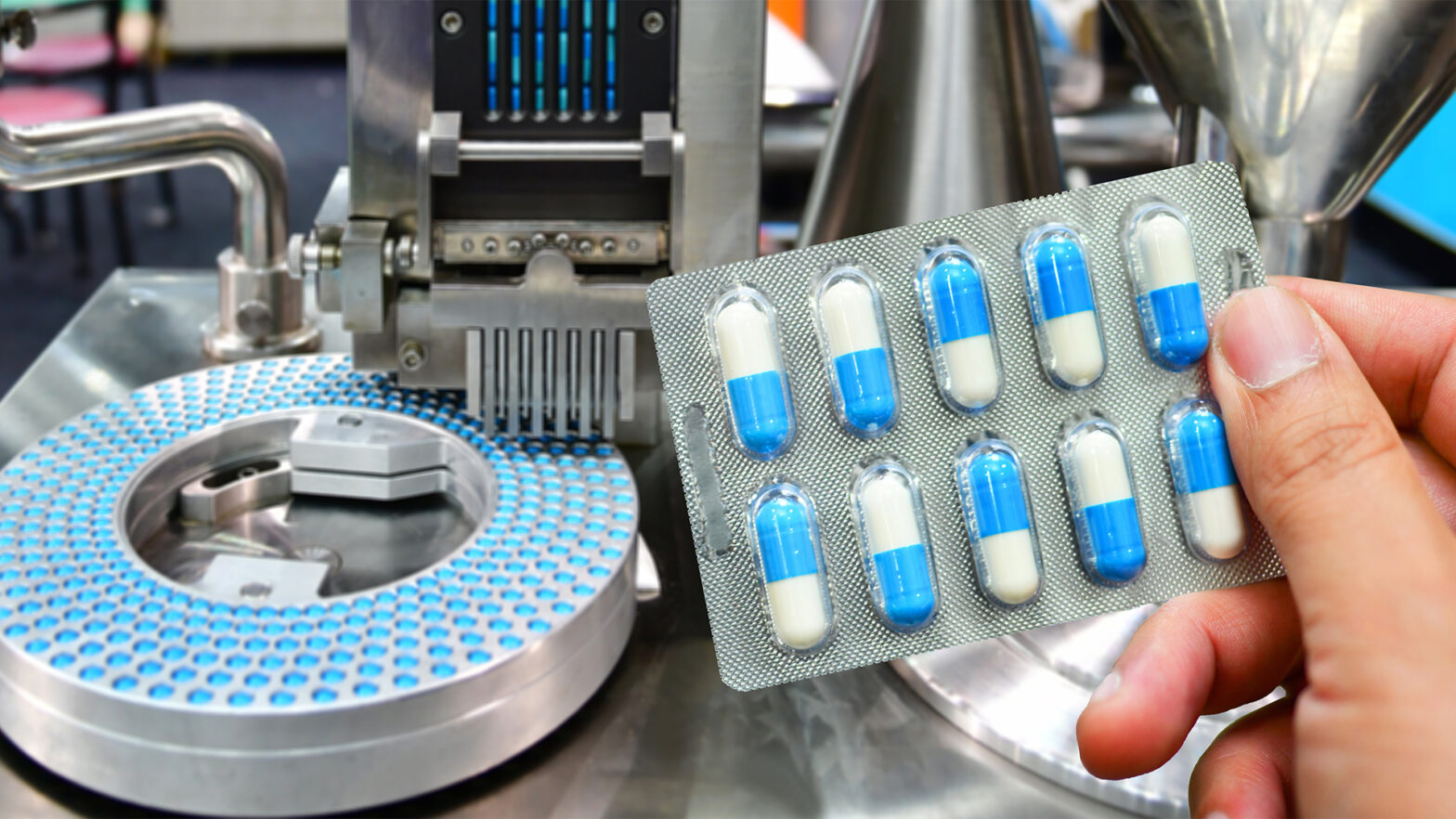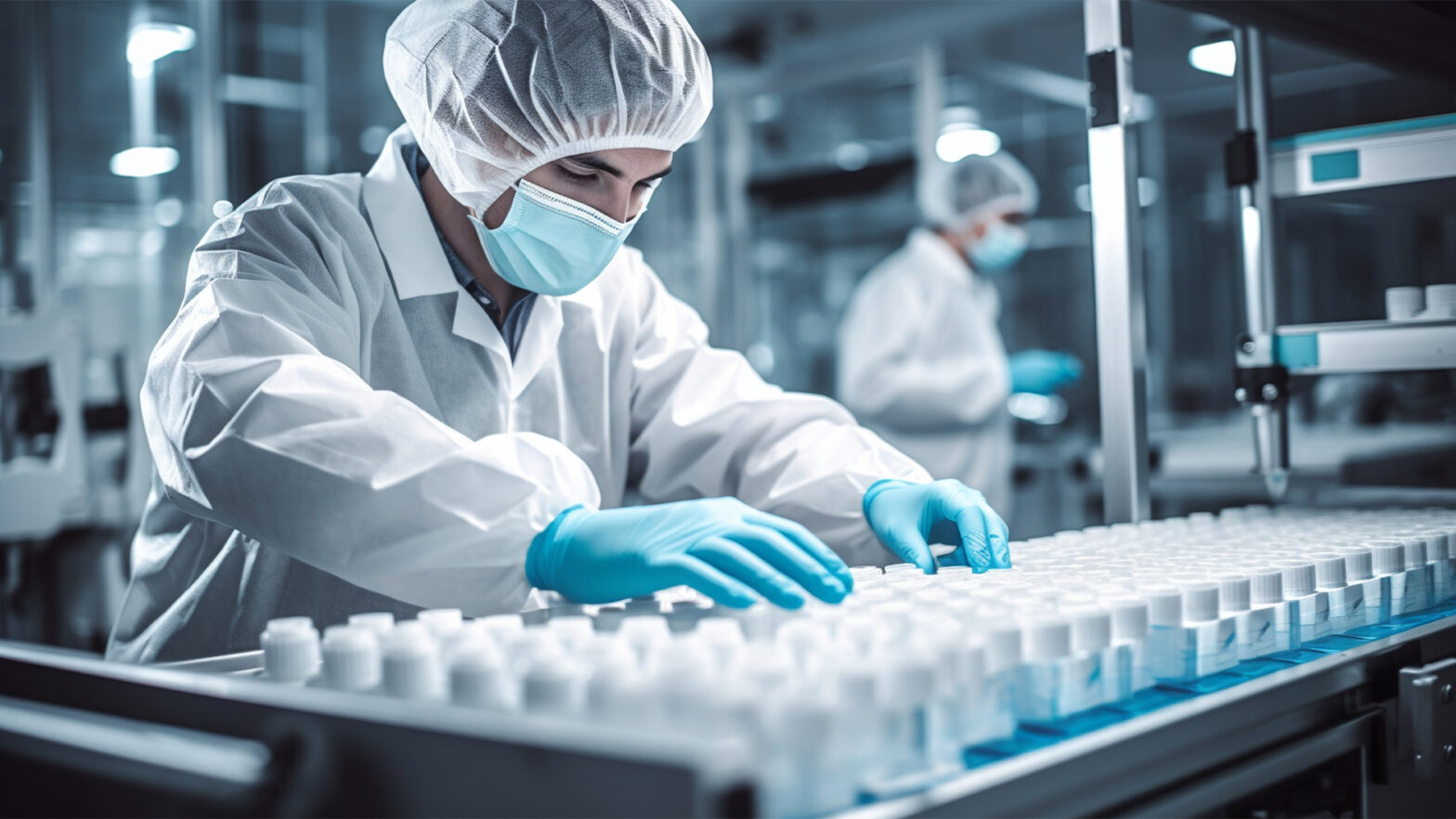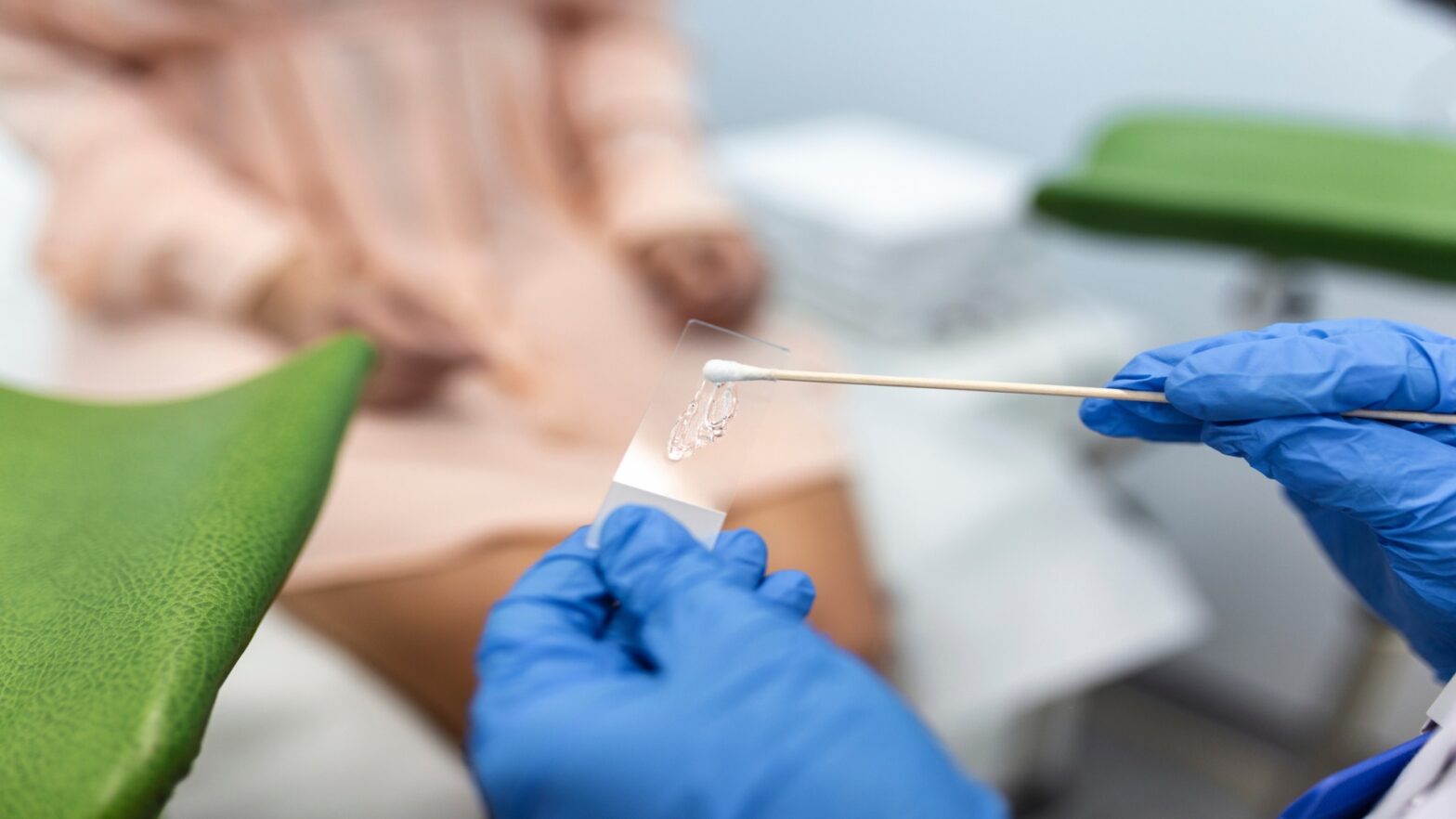
By Steve Brownett-Gale, Marketing Lead, Origin
“As we observe International Compost Awareness Week, we should all be asking ourselves – is compostable packaging the pinnacle of sustainable packaging, or is this issue more nuanced and complicated than most of us would like to believe?
“The pharmaceutical packaging industry faces an omnipresent and pressing challenge: reduce plastic waste without compromising on the safety and efficacy of its packaging products.
“This is because most pharmaceutical packaging is made from a durable, transparent plastic that is crucial in maintaining medication sterility, ensuring child resistance and keeping external contaminants out. Its non-biodegradability and recycling complexities are an ongoing concern for the industry.
“But interest in bioplastics and compostable packaging is growing and forecasts project 7.43 million tonnes of bioplastics will be produced by 2028, an enormous increase from just 2.18 million tonnes in 2023.
“A recent example is the use of seaweed waste in replacement of chemically derived plastics. If successful, this innovation could serve as a substitute material used in delivery systems for medical ingredients.
“As research pursues the replacement of conventional plastics, this could mean the potential replacement of materials used in blister packs, bottles and other forms of pharmaceutical packaging too.
“However, there are significant roadblocks to surpass before widespread adoption is achieved due to the strict regulations to ensure patient safety, especially in maintaining barrier properties, posing a challenge for compostable materials in pharmaceutical packaging
“Additionally, the lack of widespread industrial composting facilities and the higher costs of compostable materials compared to traditional plastics could complicate their adoption and scalability in the pharmaceutical industry.
“Achieving fully compostable pharmaceutical packaging requires advanced scientific research through partnerships with pioneers in the field, adjusting regulatory frameworks where possible to encourage eco-friendly provisions and educating consumers on the benefits and proper handling of compostable packaging.
“It is clear that compostable packaging presents a promising option for the packaging industry at large, but the pharmaceutical packaging industry has significant challenges to address before there is widespread adoption.
“Luckily, constant innovation and research are exploring new avenues to reduce plastic packaging waste in the industry. For example, enzymatic recycling, a self-feeding and cyclical recycling solution that holds great potential in mitigating plastic waste, is something the industry could one day rely on.”

















